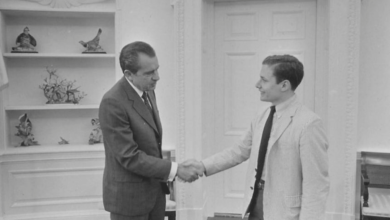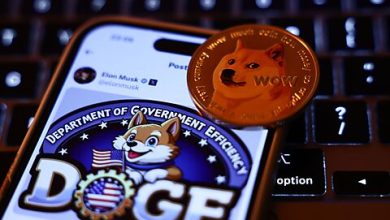School Districts Sue Over the “Nuisance” of Online Speech

I’ve got a new opinion piece at Ricochet about a particularly disturbing new lawsuit campaign:
According to education site The 74, at least eleven school districts around the country have sued the owners of such platforms as Snap, Instagram, YouTube, and TikTok seeking financial compensation for the “increased mental health services and training they’ve ‘been forced’ to establish” as a consequence of student use of social media.… Cash demands aside, the schools say they want to negotiate a settlement with the platforms to change how they operate.
The cited article is from March, and I’m told that the number of suits filed around the country is now approaching 100. Plaintiff school districts include those of Seattle, San Mateo County (Calif.), and Mesa (Arizona). I write:
These are bad lawsuits that courts should reject. The suits’ announced goal (regulating social media use by students) is in itself debatable, but the means employed (damage lawsuits to recoup public agency expenditures) vaults the whole thing into the realm of the absurd.
I cite Jennifer Huddleston’s Cato briefing paper of last month, which convincingly rebuts the idea that there is some straightforward way to child‐proof social media that does not result in the squelching of large amounts of wholesome speech, including speech by adults.
A typical suit in this new genre can’t actually point to much in the way of violations of existing statute, especially given the role of Section 230, which broadly bars platform liability for user speech.
Instead it falls back on the notion, not a part of the historic civil law, that social media is a “public nuisance” – earlier lawsuits in the recoupment genre have tried out this idea on guns, fossil fuels, vaping, opioids, you get the picture – as well as newly posited “duties of care” meant to precipitate tort negligence liability from thin air plus indignation.
The Supreme Court has twice made clear that laws meant to child‐proof aspects of the Internet can be unconstitutional on the grounds that they punish or chill too much speech. Declaring speech a “nuisance” is not a permissible way to end‐run the First Amendment.





